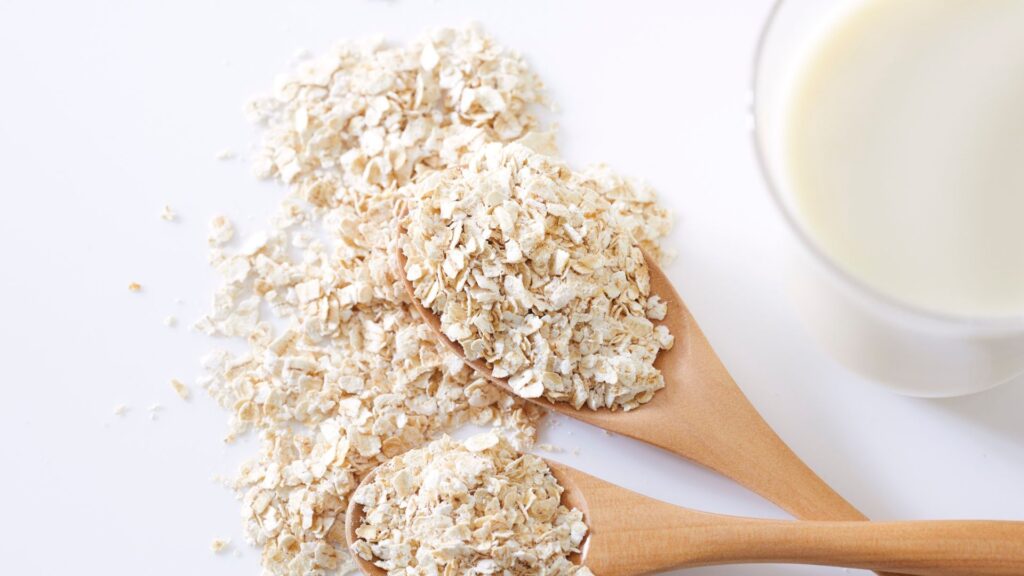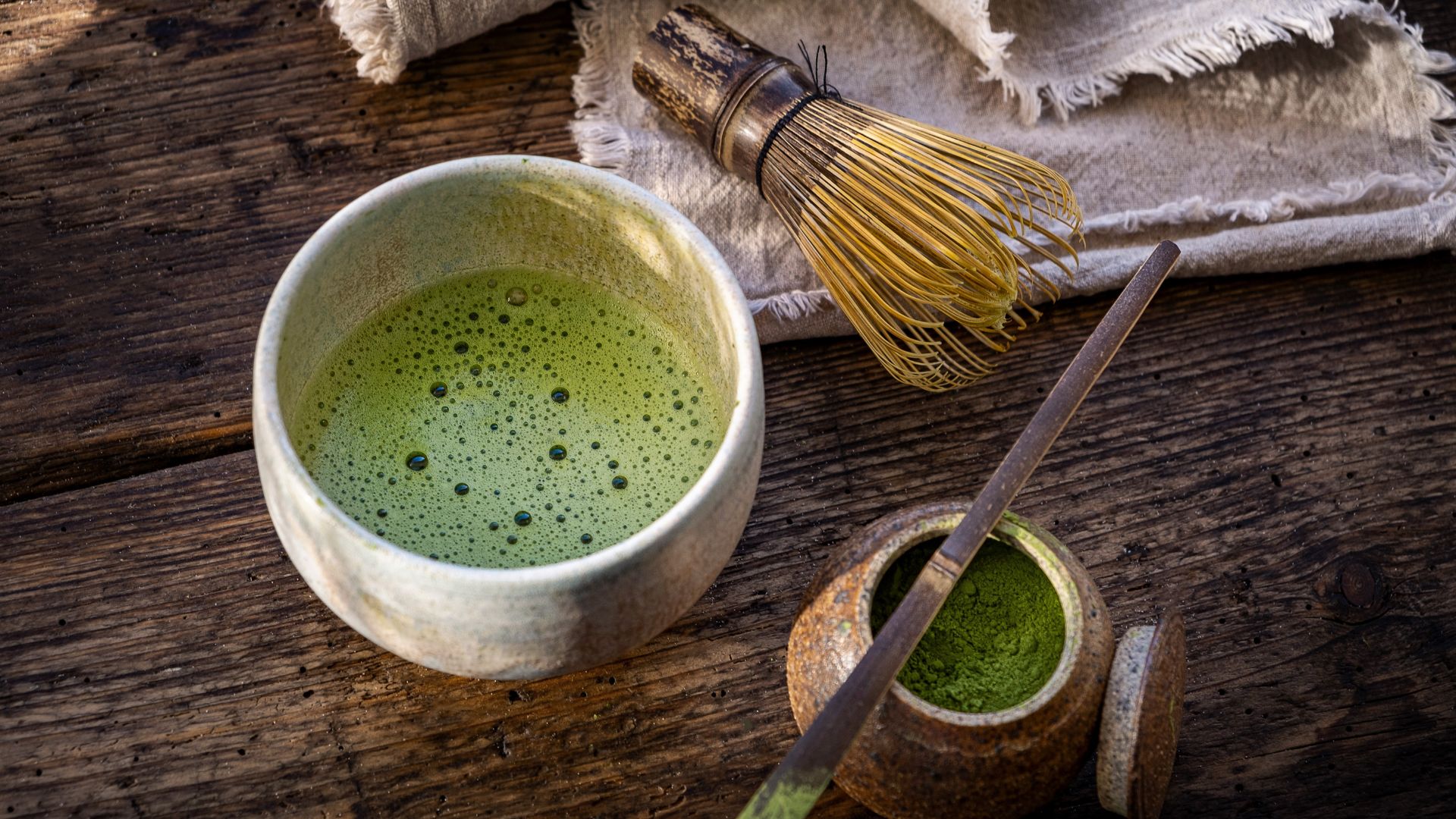In recent years, plant-based milk alternatives have become increasingly popular in coffee shops around the world. Whether you’re vegan, lactose-intolerant, or simply looking for a healthier option, plant-based milks have found their place in the coffee culture, offering a variety of choices that cater to different tastes and dietary needs. From the smooth creaminess of oat milk to the nutty flavour of almond milk, these alternatives are no longer a niche offering but a mainstream choice for coffee drinkers.
In this article, we’ll explore the growing trend of plant-based milks in coffee drinks, dive into some of the most popular options, and discuss how they affect the flavour and texture of your favourite brews:
- The rise of plant-based milks in coffee shops
- Popular plant-based milks
- Health benefits of plant-based milks
- How plant-based milks affect coffee flavor
- Experiment and find the best plant-based milk for you
The rise of plant-based milks in coffee shops
The rise of plant-based milks in coffee shops has mirrored the increasing demand for plant-based diets and products in general. Over the past decade, many consumers have made the switch to plant-based milks for a variety of reasons, including ethical concerns, environmental sustainability, and health benefits. The availability of plant-based milk alternatives in coffee shops has made it easier for people to enjoy their favourite coffee drinks without compromising their dietary choices.
The trend has exploded in recent years, with many large coffee chains now offering a range of plant-based milk options as standard. What was once a niche offering in speciality coffee shops is now widely available, with plant-based milks becoming just as common as dairy milk. This has opened up a world of possibilities for coffee lovers, allowing them to enjoy lattes, cappuccinos, and flat whites with alternatives like oat milk, almond milk, soy milk, and coconut milk.

Popular plant-based milks
There are several plant-based milks available, each with its own unique flavour and texture. Let’s take a closer look at some of the most popular options:
Almond milk: Almond milk is one of the most popular plant-based milk alternatives. It has a light, slightly nutty flavour and a thin, watery texture compared to dairy milk. Almond milk works well in coffee drinks like lattes and cappuccinos, providing a subtle flavour that doesn’t overpower the coffee. However, its thin consistency can sometimes make it harder to froth, especially when compared to creamier options like oat milk.
Oat milk: Oat milk has quickly become one of the favourites in the coffee world, particularly for lattes and cappuccinos. With a creamy, smooth texture and a slightly sweet, oat-like flavour, it blends perfectly with coffee and creates a rich, velvety mouthfeel. Oat milk froths beautifully, making it a great option for those who enjoy a frothy coffee drink. Many coffee shops have adopted oat milk as their go-to plant-based alternative, and brands like Oatly have led the way in popularising it.
Soy milk: Soy milk has been around for quite some time and remains one of the most widely used plant-based milks. It has a mild, slightly beany flavour and a thicker consistency than almond milk, making it a good choice for coffee drinks that require more texture. Soy milk froths well and can create a creamy, full-bodied coffee drink. However, some people find the flavour of soy milk to be a bit strong, particularly in lighter coffee drinks, so it’s not always the ideal choice for everyone.
Coconut milk: Coconut milk brings a tropical, slightly sweet flavour to coffee drinks. It has a rich, creamy texture that makes it ideal for making lattes and iced coffees. However, its distinct coconut flavour can be quite overpowering for some, so it’s best paired with stronger, bolder coffee flavours that can complement the coconut taste. For those who enjoy coconut, it’s a great option that adds a unique twist to your coffee.
Health benefits of plant-based milks
One of the main reasons many people opt for plant-based milks is their health benefits. Unlike dairy milk, plant-based milks are typically lower in calories and fat, and many are fortified with essential nutrients like vitamins D and B12. Here are some of the key health benefits:
Dairy-free: Plant-based milks are naturally dairy-free, making them an excellent choice for those with lactose intolerance or dairy allergies. By switching to plant-based alternatives, individuals can enjoy a cup of coffee without the discomfort that dairy can cause.
Lower in calories: Many plant-based milks, especially almond and soy milk, tend to be lower in calories compared to full-fat dairy milk. This makes them a good option for those looking to reduce their calorie intake while still enjoying a creamy, satisfying coffee drink.
Nutrient-rich: Many plant-based milks are fortified with vitamins and minerals that may be lacking in a plant-based diet, such as vitamin D, calcium, and vitamin B12. For example, soy milk is often fortified with protein, while oat milk is rich in fibre. These added nutrients can help support bone health, immune function, and overall well-being.
Environmentally friendly: Plant-based milks tend to have a smaller environmental footprint compared to dairy milk. They generally require less water and produce fewer greenhouse gas emissions, making them a more sustainable choice for those concerned about their environmental impact.

How plant-based milks affect coffee flavor
Each plant-based milk has a distinct flavour that can alter the taste of your coffee. Here’s how some of the most popular options affect the flavour of your coffee drinks:
Almond milk: Almond milk has a light, nutty flavour that complements coffee without overpowering it. It’s best suited for those who enjoy a more delicate, subtle coffee experience. However, it may not be the best option for those who like a rich, creamy texture in their lattes.
Oat milk: Oat milk adds a naturally sweet flavour and a creamy texture to coffee, enhancing the overall mouthfeel. It pairs well with both light and dark roasts, making it a versatile choice for a range of coffee drinks. Its sweetness can also balance out the bitterness of stronger coffee.
Soy milk: Soy milk has a neutral, slightly beany flavour that works well in coffee drinks like lattes and cappuccinos. It provides a rich, creamy texture but may have a stronger flavour that some people find overwhelming, particularly with lighter roasts.
Coconut milk: Coconut milk adds a distinct tropical flavour to coffee, which can be quite bold. It’s best paired with coffees that have a strong flavour, like dark roasts or spiced lattes, as it can overpower lighter coffee profiles.
💡Pro Tip: When using plant-based milks in coffee, always choose a barista blend if possible. These versions are specifically formulated to froth better and create a creamier texture, making them ideal for lattes and cappuccinos. If you're frothing at home, heat the milk gently to about 65-70°C to avoid curdling, and be mindful that some plant-based milks, like almond or coconut, may separate when exposed to heat, so stir or shake before using.
Experiment and find the best plant-based milk for you
Plant-based milks offer a delicious, dairy-free alternative for coffee lovers who want to enjoy their favourite drinks without the lactose or calories of dairy milk. With options like oat milk, almond milk, soy milk, and coconut milk, there’s a plant-based milk to suit every taste preference. Each type of milk brings its own unique flavour and texture to your coffee, so don’t be afraid to experiment and find the one that best complements your favourite brew.
Let’s recap one more time:
- Plant-based milks have become increasingly popular in coffee shops due to their suitability for people with lactose intolerance, dietary preferences, and health-conscious consumers.
- Common options include almond milk (light and nutty), oat milk (creamy and naturally sweet), soy milk (thicker and protein-rich), and coconut milk (tropical and rich).
- Plant-based milks are dairy-free, lower in calories compared to dairy milk, and often fortified with vitamins and minerals such as calcium, vitamin D, and B12.
- Plant-based milks are generally more sustainable than dairy milk, with a smaller environmental footprint in terms of water usage and greenhouse gas emissions.
- Almond milk offers a subtle, nutty taste; oat milk adds sweetness and creaminess; soy milk provides a creamy texture with a neutral flavour; coconut milk gives a distinct tropical twist.
- With various plant-based milk options, coffee drinkers should experiment to find which one complements their preferred coffee style, enhancing both flavour and texture.
Whether you prefer a frothy oat milk latte, a nutty almond milk cappuccino, or a tropical coconut milk iced coffee, plant-based milks can elevate your coffee experience. So next time you’re at your local coffee shop or brewing at home, try out a new plant-based milk and discover how it transforms your cup.







